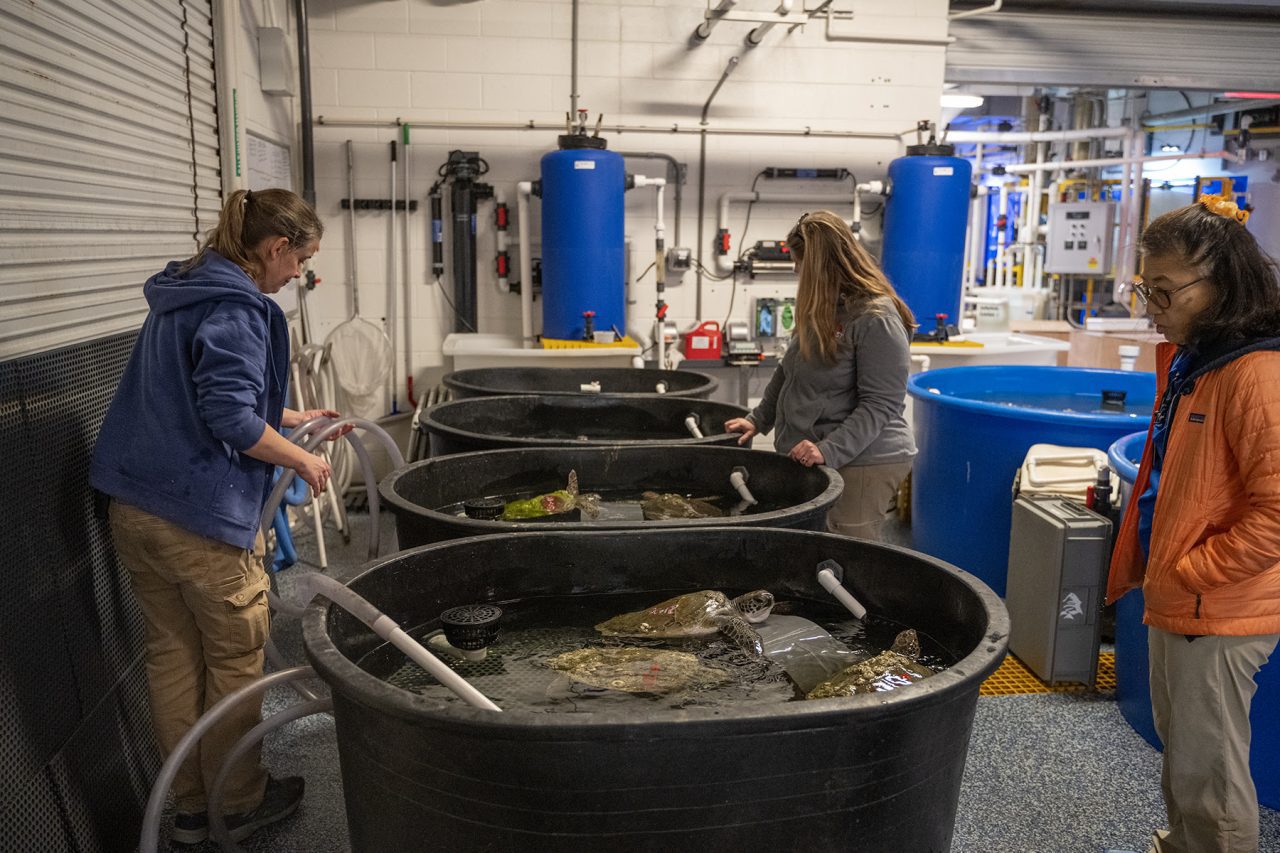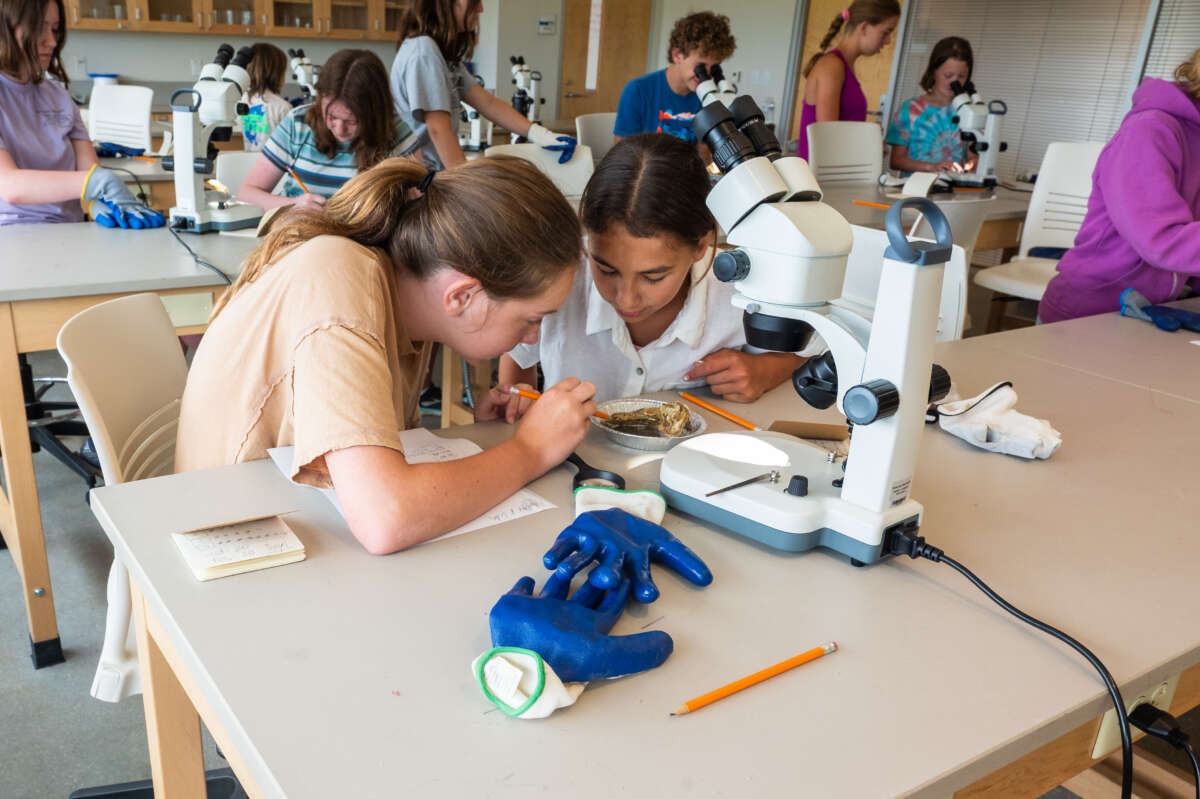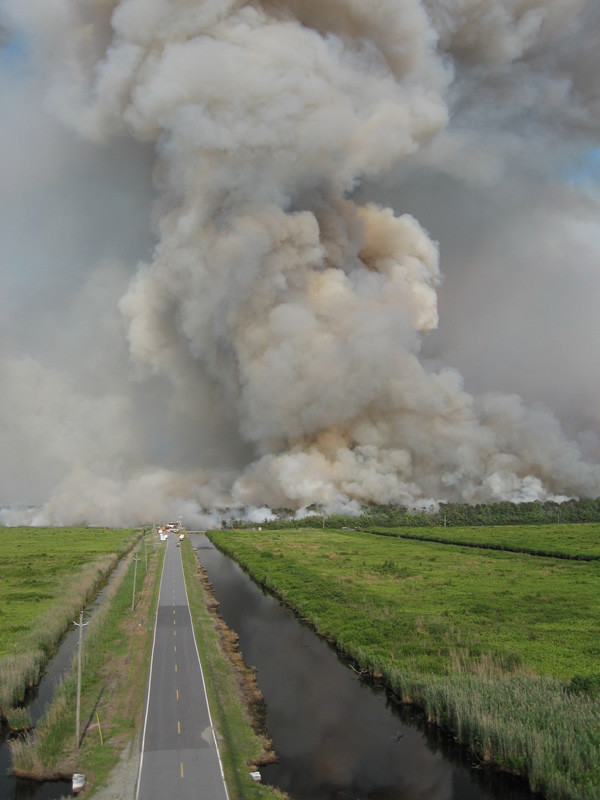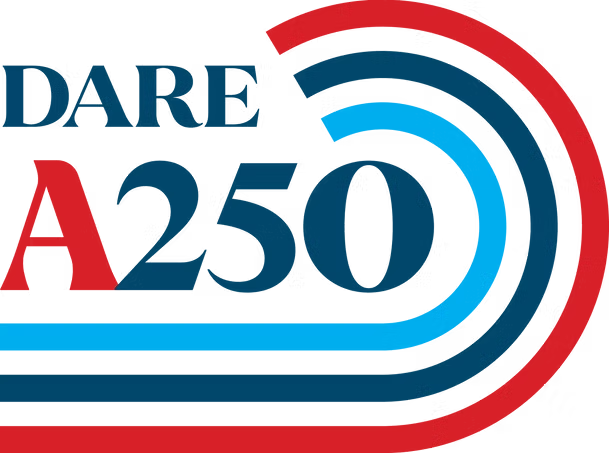
Dozens of sea turtles pulled from frigid waters in the recent cold snap that sent temperatures plummeting along the East Coast are being treated at North Carolina Aquariums.
The N.C. Aquarium at Roanoke Island as of Tuesday had 111 cold-stunned sea turtles in its care and more are reported to arrive, according to a release. And, the aquarium at Pine Knoll Shores is caring for 42 sea turtles that lost their ability to swim as water temperatures quickly and drastically dipped, causing the turtles to suffer a hypothermia-like state.
Supporter Spotlight
This winter so far has resulted in more than 200 sea turtles requiring treatment at the state’s aquariums.
Juvenile green, loggerhead, and Kemp’s ridley sea turtles feed in shallow sounds throughout the summer and fall, after which time these cold-blooded animals typically head for warmer waters.
But rapidly plummeting temperatures can catch sea turtles off guard, leaving them little time to make it into warmer waters.
Their heart rate and other functions slow, leaving them lethargic and unable to swim,” Michele Lamping, Pine Knoll Shores aquarist and sea turtle specialist said in a release “Prolonged exposure can result in paralysis, and the turtles float on the surface or wash up on beaches.”
So far, 63 cold-stunned sea turtles have been rehabilitated at the state’s aquariums and released back into the wild.
Supporter Spotlight
Cold-stunned turtles being treated at the aquariums have been recovered from Cape Lookout National Seashore, Core Sound, and areas spanning between Ocracoke to the Virginia state line.
Biologists with Cape Lookout National Seashore, Cape Hatteras National Seashore, North Carolina Wildlife Resources Commission, or WRC, and sea turtle conservation volunteers find, record and transport cold-stunned sea turtles to regional facilities.
Turtles found stranded in the southern part of the state are taken to North Carolina State University’s Center for Marine Sciences and Technology, or CMAST, to be assessed and initially treated. The turtles are then sent to various rehabilitation centers, including the Karen Beasley Sea Turtle Rescue and Rehabilitation Center in Surf City and the state aquariums in Pine Knoll Shores and Fort Fisher.
Cold-stunned turtles rescued from Ocracoke north are moved to a staging site on Hatteras Island then transported to the STAR Center for initial assessment and treatment under the supervision of a veterinary team.
Rehabilitation can take anywhere from two weeks to several months, according to Amber Hitt, Sea Turtle and Rehabilitation Center, or STAR, coordinator at the Roanoke Island aquarium.
“We work closely with our veterinary team (to) administer individual care to be sure that they are ready for release,” Hitt said in the release.
During rehabilitation, sea turtles are provided nutritional care and various treatments, including fluids, antibiotics, eye drops and wound care. Each turtle must receive a final health check by a veterinarian and microchipped, which allows researchers to trace the turtle’s locations and growth.
Once turtles receive a clean bill of health they are usually released near the Gulf Stream, where waters temperatures are at least 70 degrees. The turtles are returned to the wild by various crews, including those from Duke Marine Laboratory in Beaufort, U.S. Coast Guard Stations at Cape Hatteras and Fort Macon, and private fishing vessels.
The WRC heads sea turtle rescue and rehabilitation efforts and collaborates with several federal, state and private organizations, including the aquariums, CMAST, N.C. State University’s College of Veterinary Medicine, Cape Lookout National Seashore, Karen Beasley Sea Turtle Rescue and Rehabilitation Center, Network for Endangered Sea Turtles, or N.E.S.T., Cape Hatteras National Seashore, U.S. Fish and Wildlife Service, National Marine Fisheries Service and National Oceanic and Atmospheric Administration, or NOAA.
What to do if you see a struggling turtle
Sea turtles spotted not moving or seemingly sluggish in the water or on a beach during winter months should not be pushed back into the water or moved.
Anyone who sees a sea turtle that appears to be in distress should call the Sea Turtle Stranding Hotline, which will dispatch a response team to transport the turtle for triage.
For turtles found south of Ocracoke Island, call 252-241-7367.
Turtles stranded on Ocracoke and Hatteras Island may be called into the Cape Hatteras National Seashore at 252-216-6892.
Sea turtles found along Oregon Inlet and north should be reported to N.E.S.T. at 252-441-8622.







